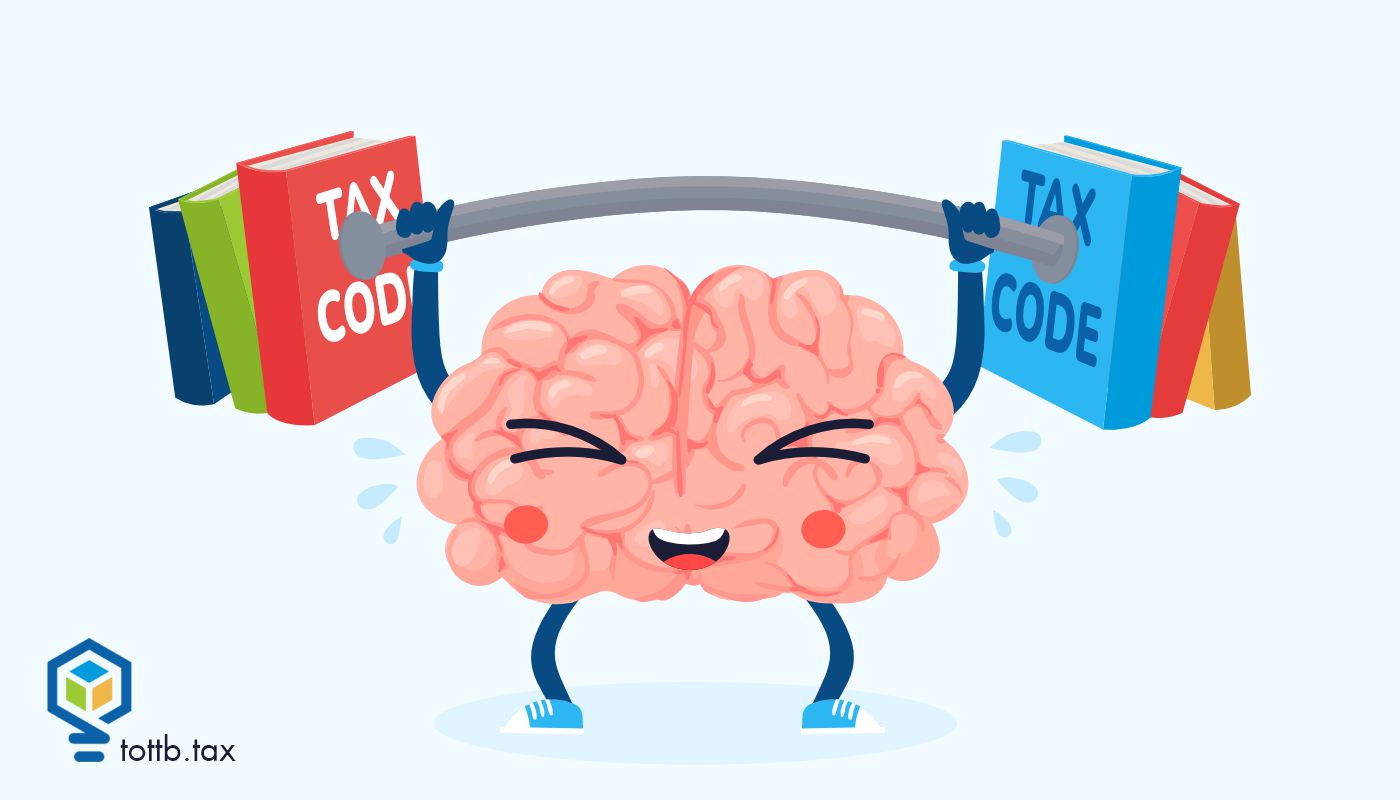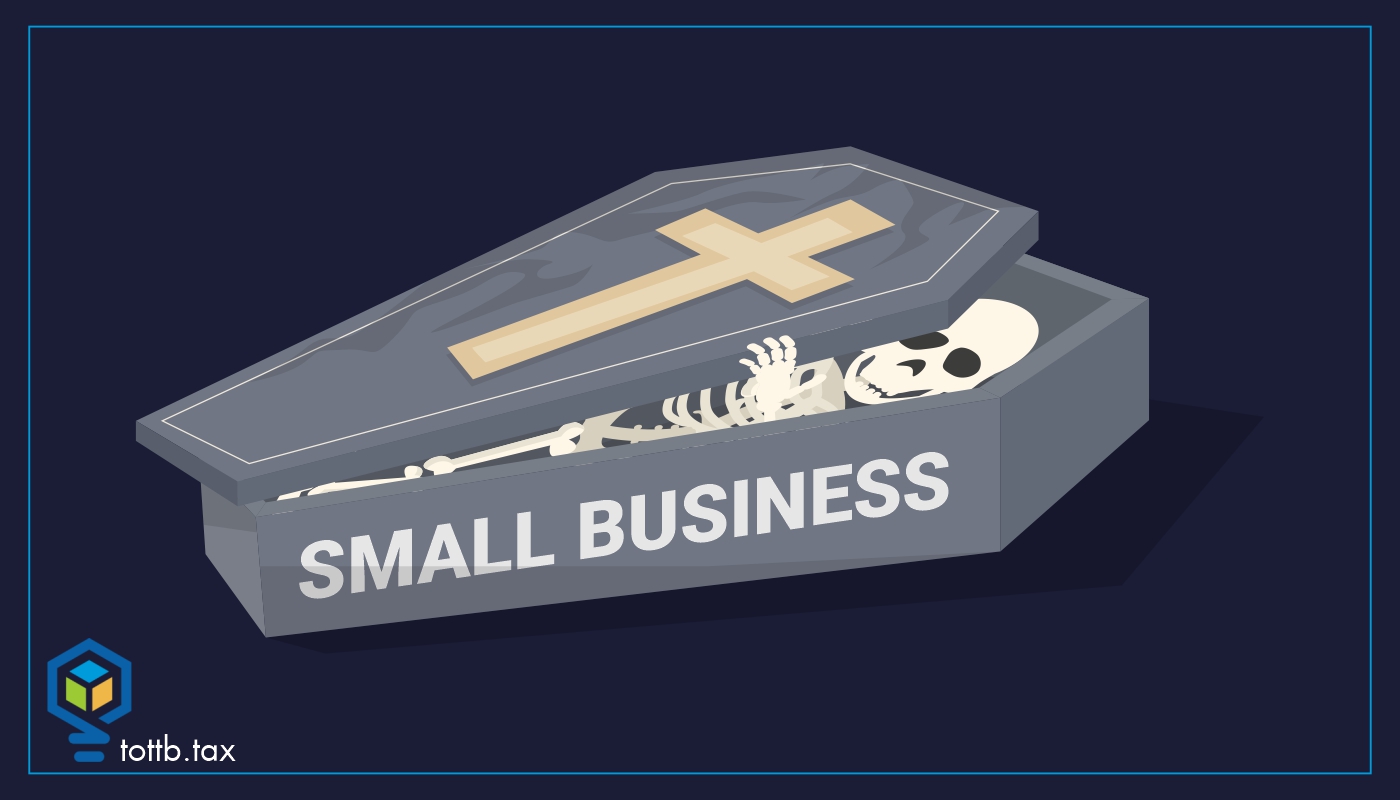Client Alert
Pizza Party in the Metaverse
I love pizza. No, like I really love pizza. I have a pizza tattoo. I’m a member of the Rare Pizzas DAO. It is my go-to meal whenever the question “What’s for dinner?” gets asked. There really isn’t a better combination of cheese and deliciousness in the world. At least not in the flesh and blood “real” world. Loving pizza that much can clearly get oneself into trouble. I just never expected it to be tax trouble. Enter the “metaverse,” although I’m not sure if that is metaphorically or digitally. The metaverse is a term used to describe many digital environments that contain aspects of online gaming, virtual reality, social networking, and cryptocurrency. Generally, a metaverse is a fully immersive digital universe which combines elements of augmented reality, virtual reality, and the internet to create a seamless and interconnected space where users can explore, create, and engage with others in a virtual world. In the metaverse, users control an avatar, which represents the user in the digital universe and functions similar to a video game character. Avatars can be customized and accessorized with clothing and other items represented in the metaverse through NFTs. The metaverse holds the potential for new forms of entertainment, communication, commerce, and social interaction on a global scale. The metaverse economy is based on digital assets, making it possible for taxpayers to engage in a substantial number of taxable transactions without realizing it. And herein lies the crux of our problem.
Read MorePayroll Taxes — The Nail in the Small Business Coffin
“Two men showed up saying they were from the IRS because I hadn’t paid my taxes. It scared me to death. Am I going to jail? Can they do that? I’m scared.” That is what the taxpayer blurted out as soon as I answered my business phone. Now before you say, “Timalyn, no way!” Yes, way! This was February 2020 when the world was still open, and the IRS was wide awake. Revenue officers were still on the phone making calls and showing up to businesses. Since the pandemic, many taxpayers, business owners included, have become lax in taking care of their tax obligations. This is due not only to many small and micro businesses still struggling financially, but also because the IRS has not been as aggressive the past few years. Business owners with employees are in a far more dangerous position if they have not kept up with their taxes. That’s why we’re going to look at one of the worst types of taxes to get behind on, payroll taxes. One of my mentors even refers to them as the “kiss of death” to business owners. The penalties for not paying payroll taxes can bury and put the nail in the coffin of most small businesses. Let me show you how these taxes can be the grim reaper. Let’s start from the top with what payroll taxes are and how the payroll tax penalties work.
Read MoreNOT A MEMBER YET?

SUBSCRIBE TO GET ALL OF OUR
GREAT ARTICLES AND RESOURCES!
CURRENT EDITION

An Analysis of the OBBBA’s Trump Accounts (Part 1)
The One Big Beautiful Bill Act, signed into law by President Trump on July 4, 2025, added a new tax saving tool for minors, the aptly named Trump Accounts. In this article, I go over the details of the new Trump Accounts. In part II, I will discuss some of the potential tax planning opportunities and pitfalls related to the new accounts.

Student Loans After the OBBBA Part 1: New Rules Every Advisor Needs to Know
Big changes are coming to the student loan world (yet again), and they’re not the kind you can just skim past. The One Big Beautiful Bill Act (OBBBA) has reshaped how much students will be able to borrow, how they’ll repay it, and which programs will qualify for federal aid going forward. For financial and tax professionals, these shifts aren’t just policy updates. They’ll set the stage for how you’ll advise clients for years to come… and could even change the way you manage your own student loans. In Part 1 of our OBBBA student loan series, we break down the nuts and bolts of these new rules to help advisors (and borrowers) get some clarity on the collective question: “Seriously, what’s going on with student loans?”

IRS And Courts Have Wisdom to Offer Startup Businesses
There is a wealth of business wisdom in a fairly unlikely area. All the businesses involved lost money, sometimes enormous sums. The source is the litigation and regulation around Code Section 183 of the Internal Revenue Code – Activities not engaged in for profit. In order to deduct those losses against other income, taxpayers need to convince the IRS or the court that they had an honest objective of making a profit. The determination of whether an activity is carried on for profit is made by reference to objective standards. Is it possible that following those standards might contribute to you being profitable? It’s worth thinking about.



